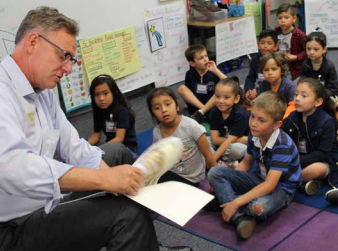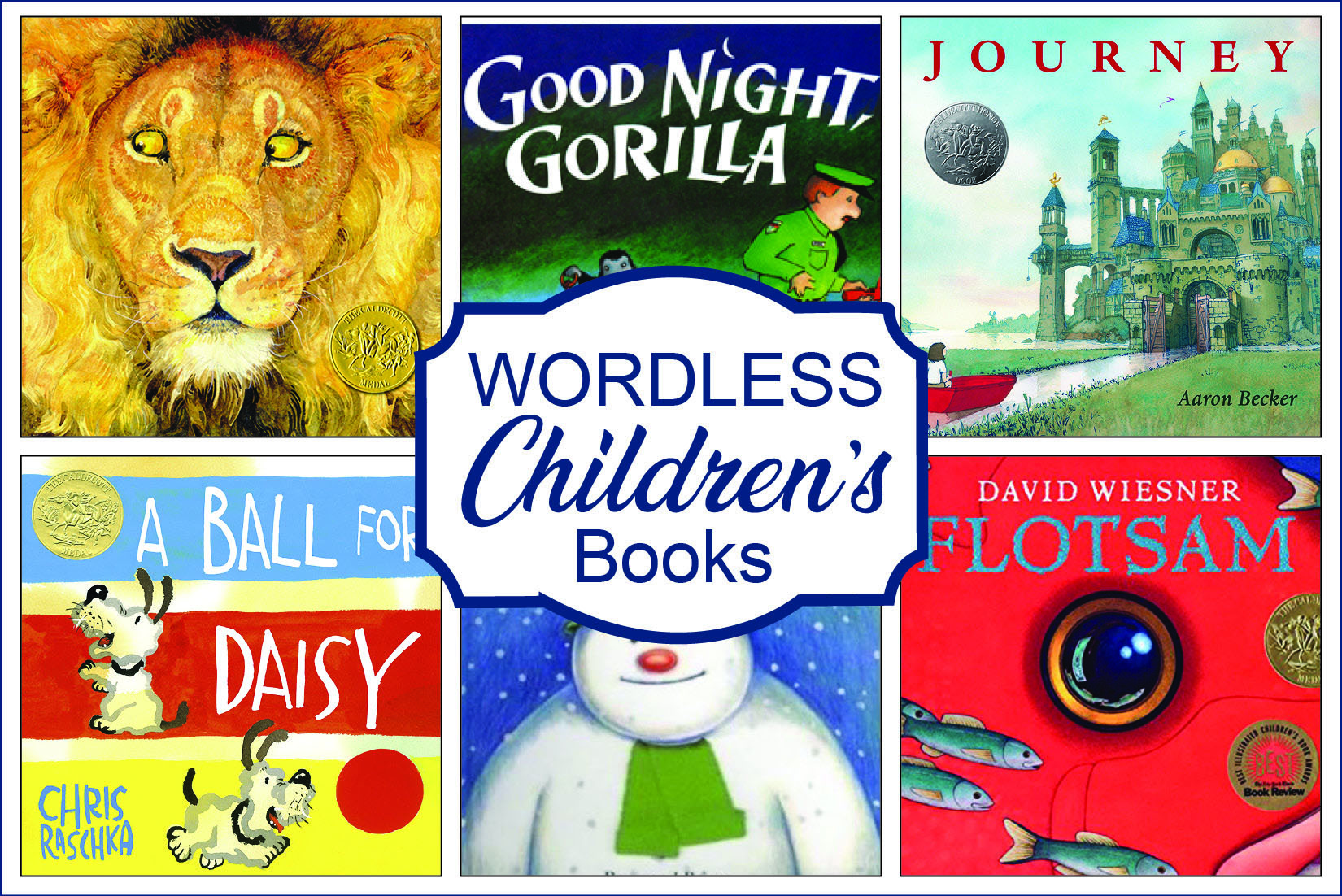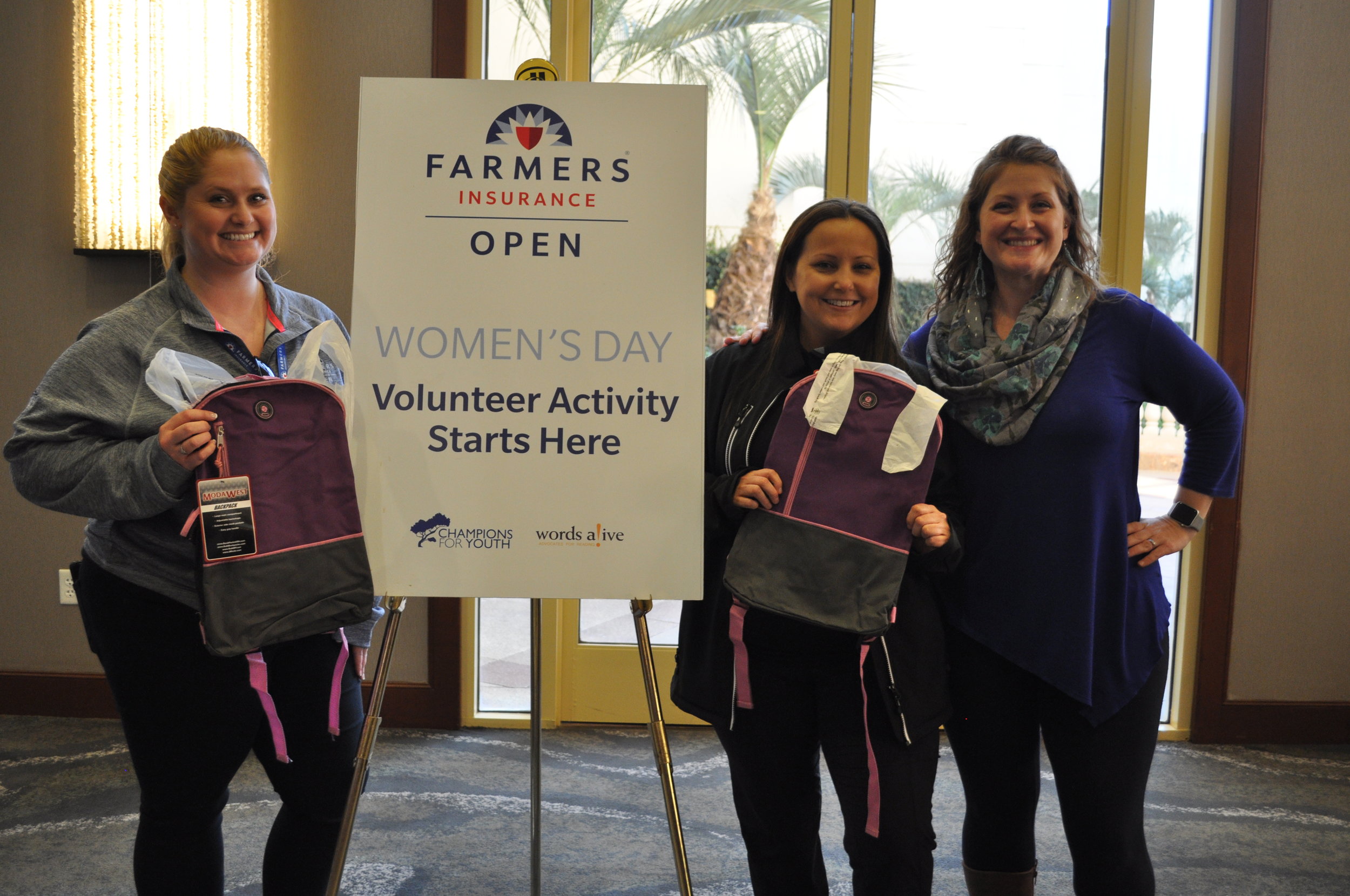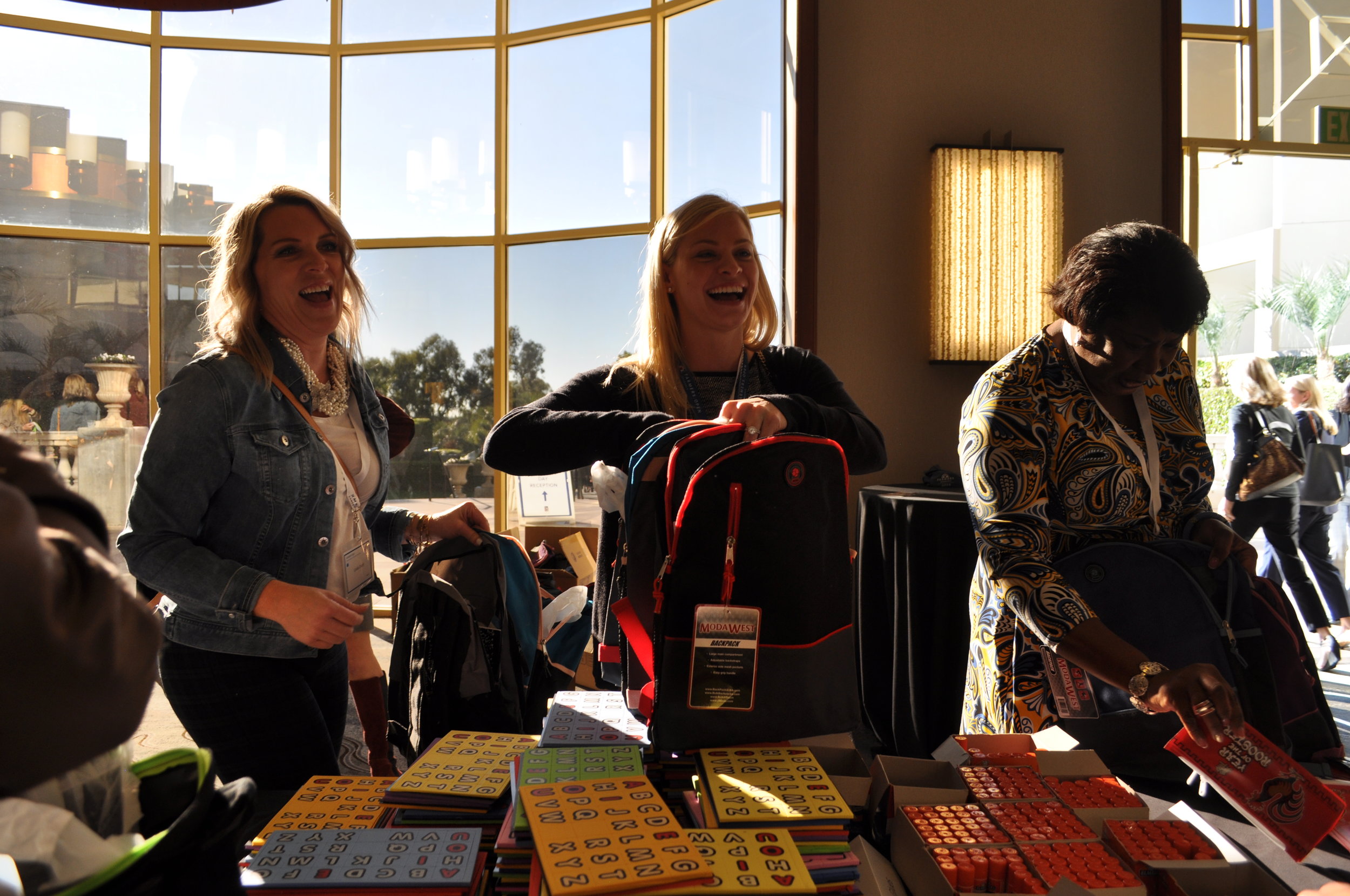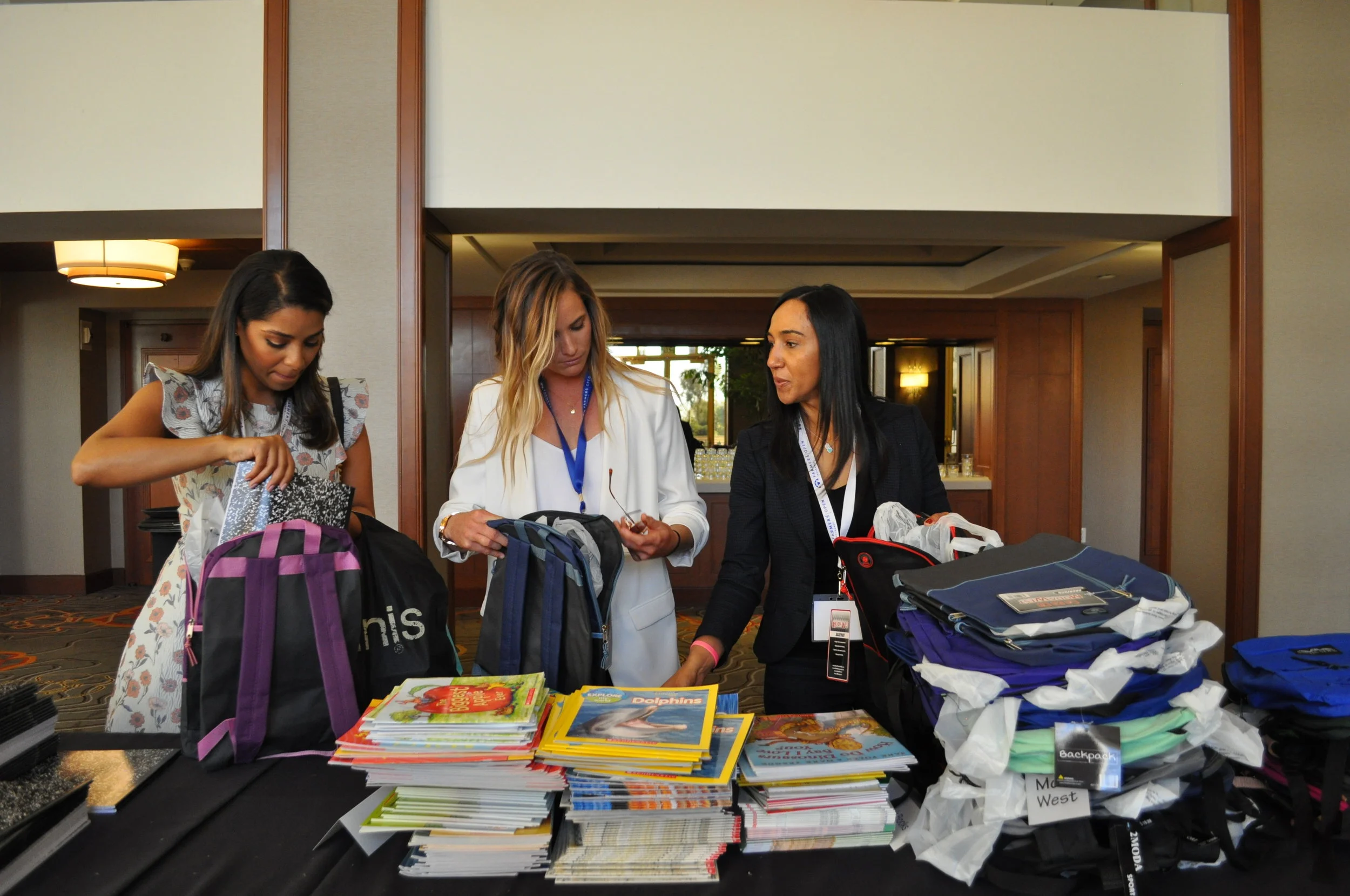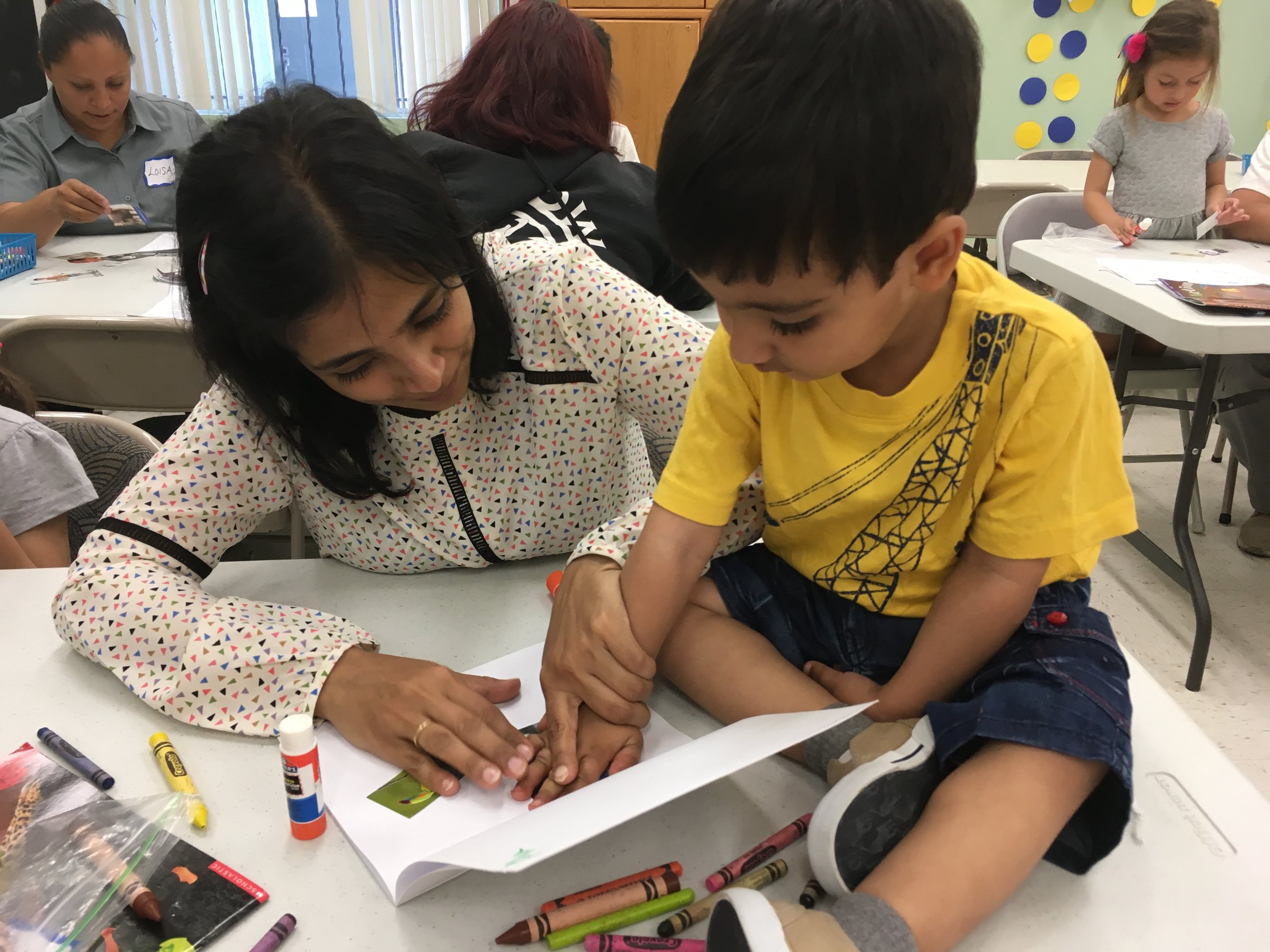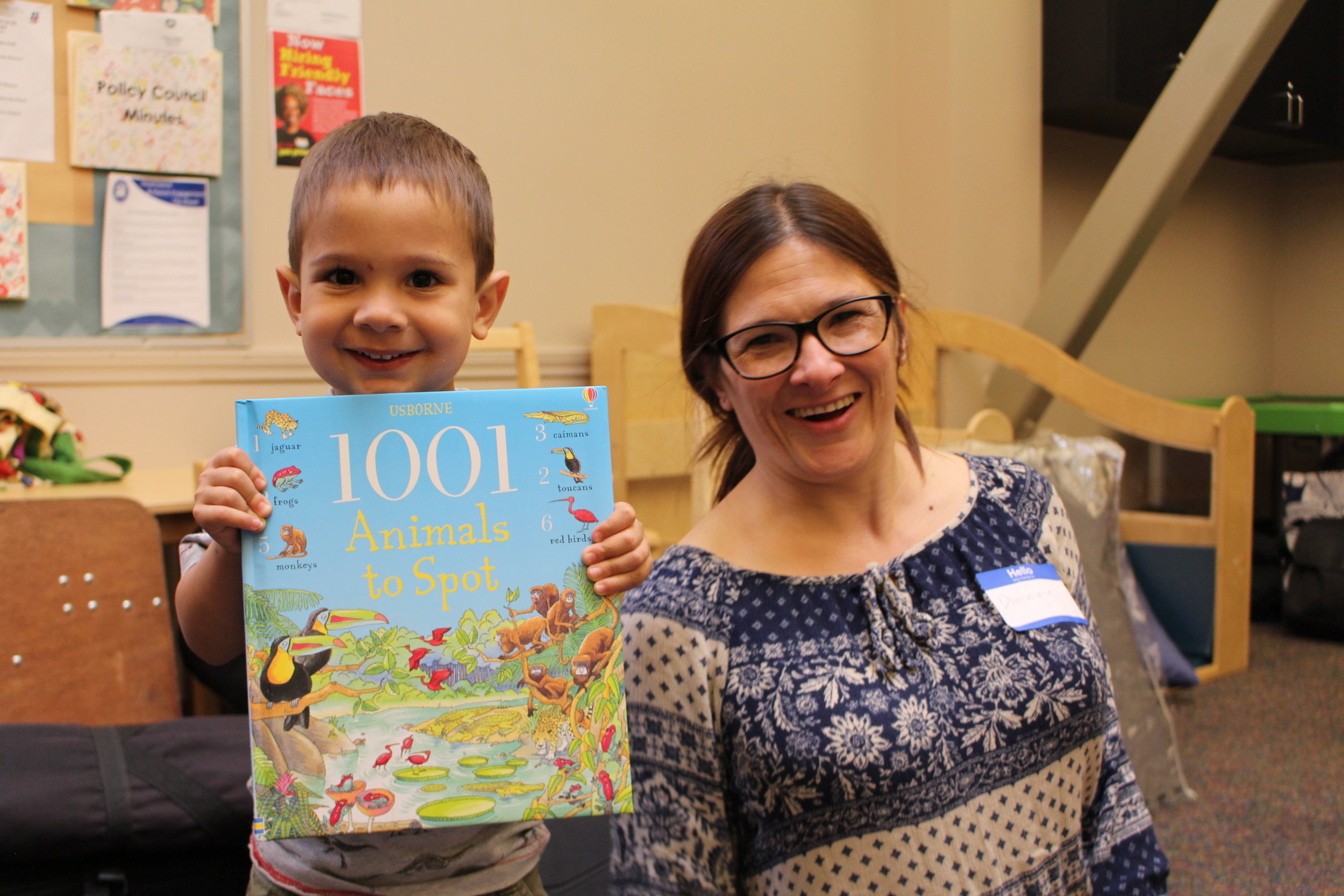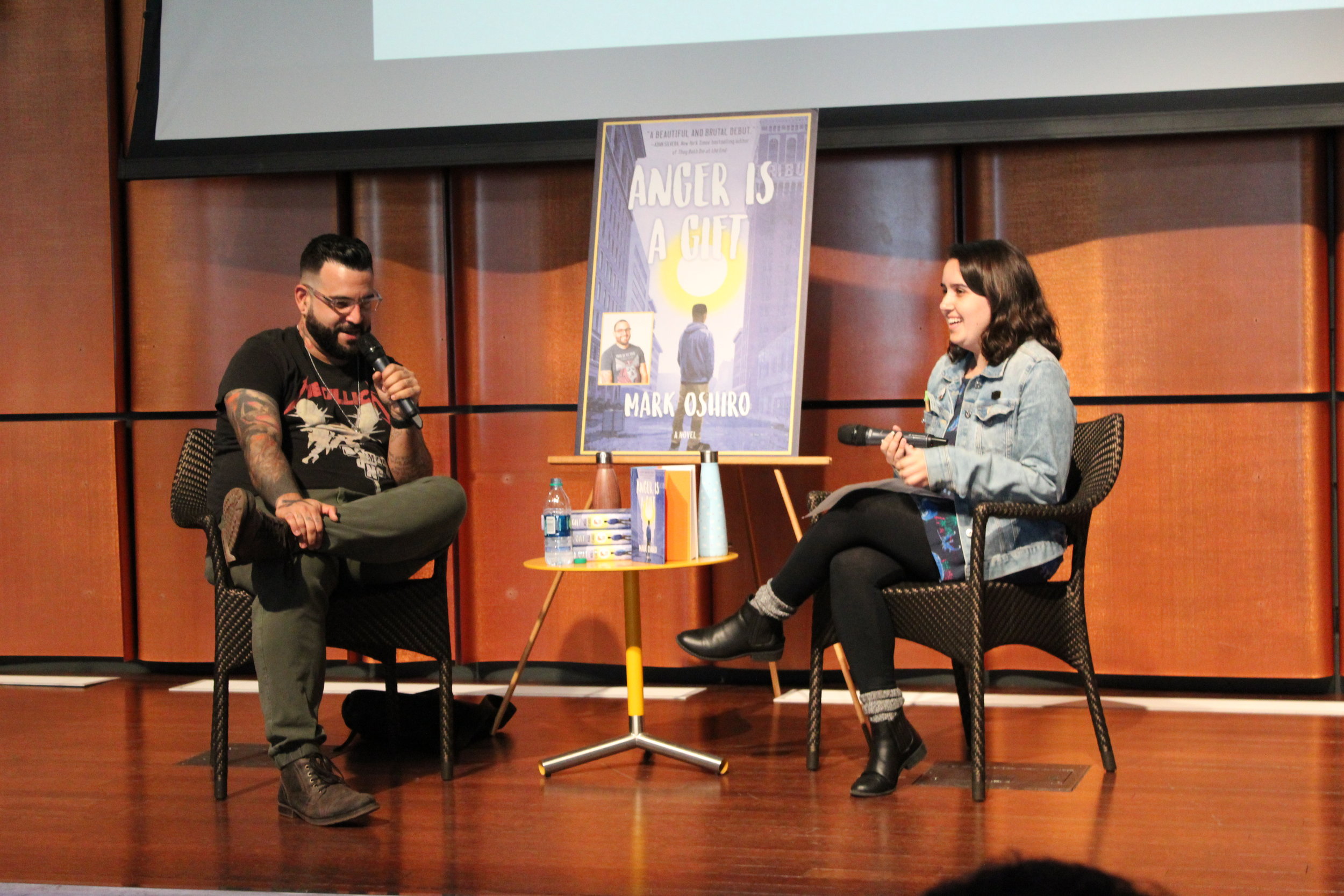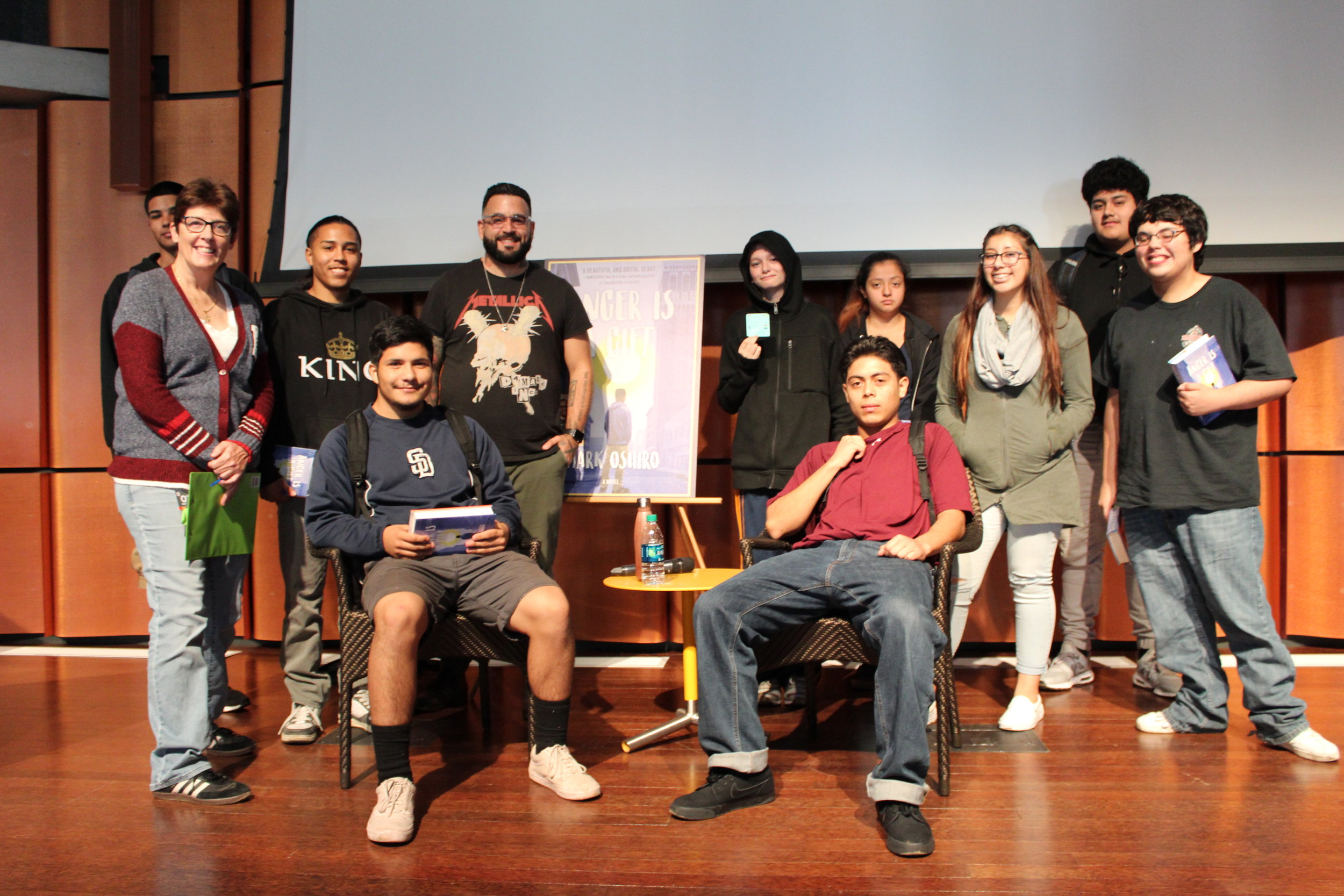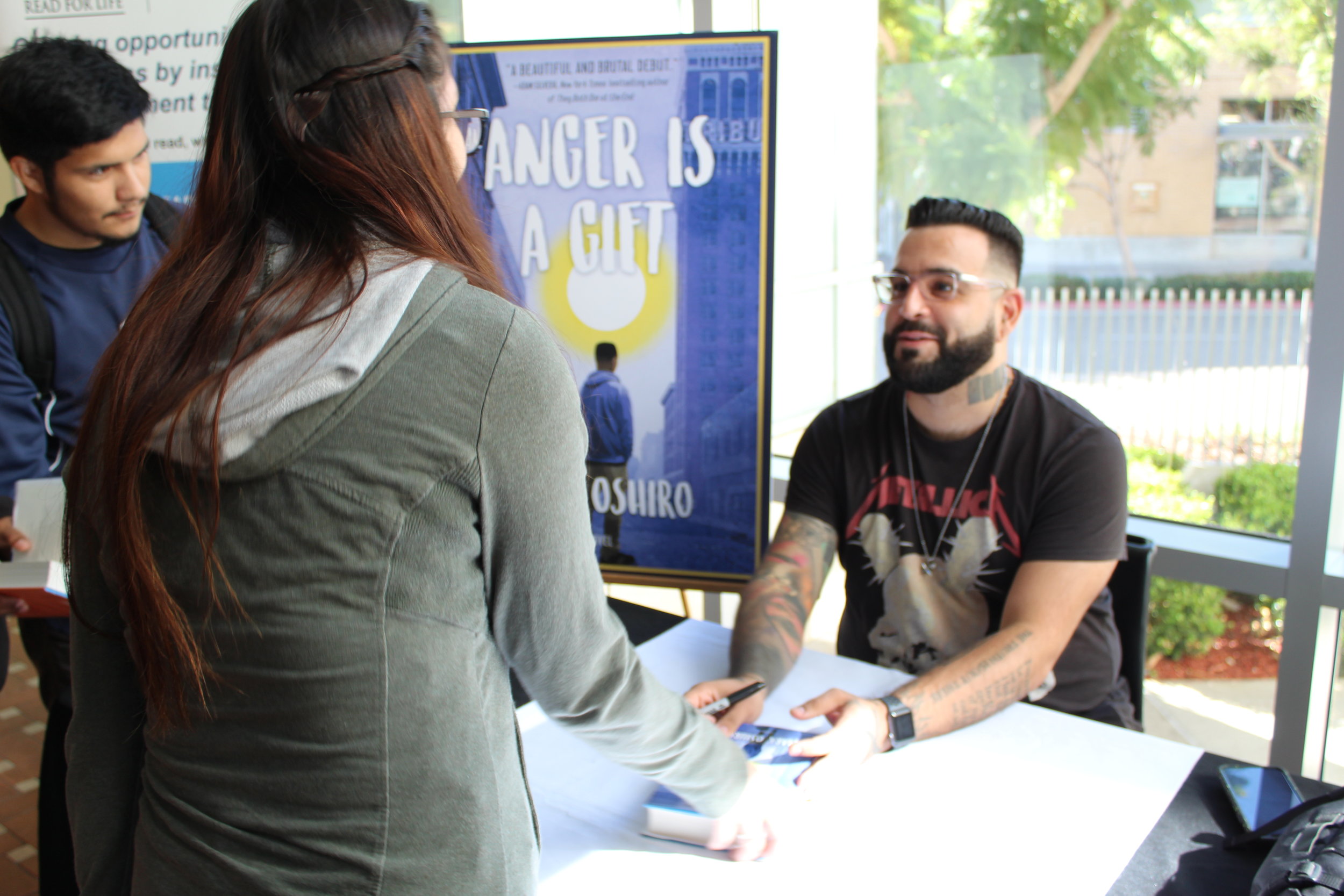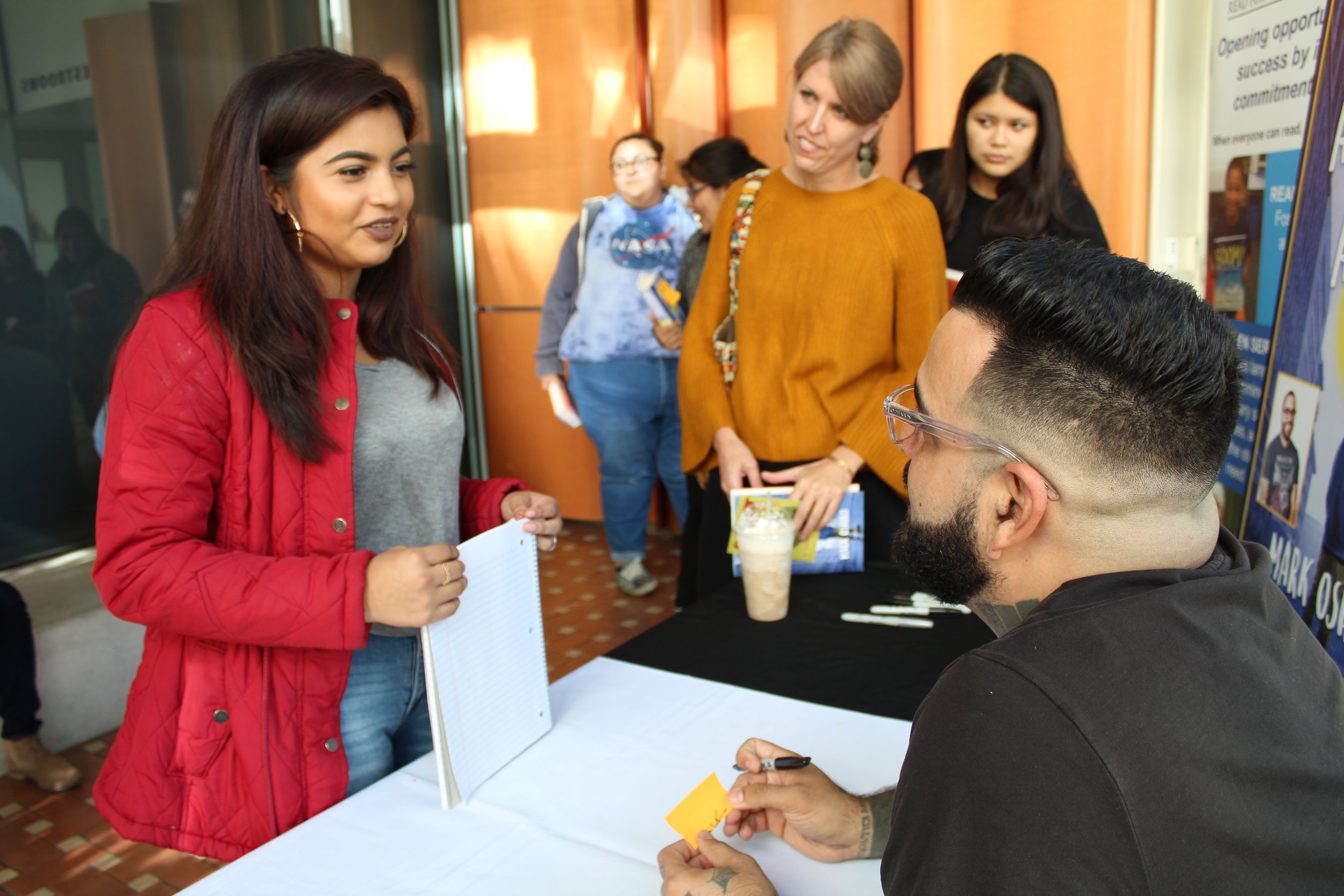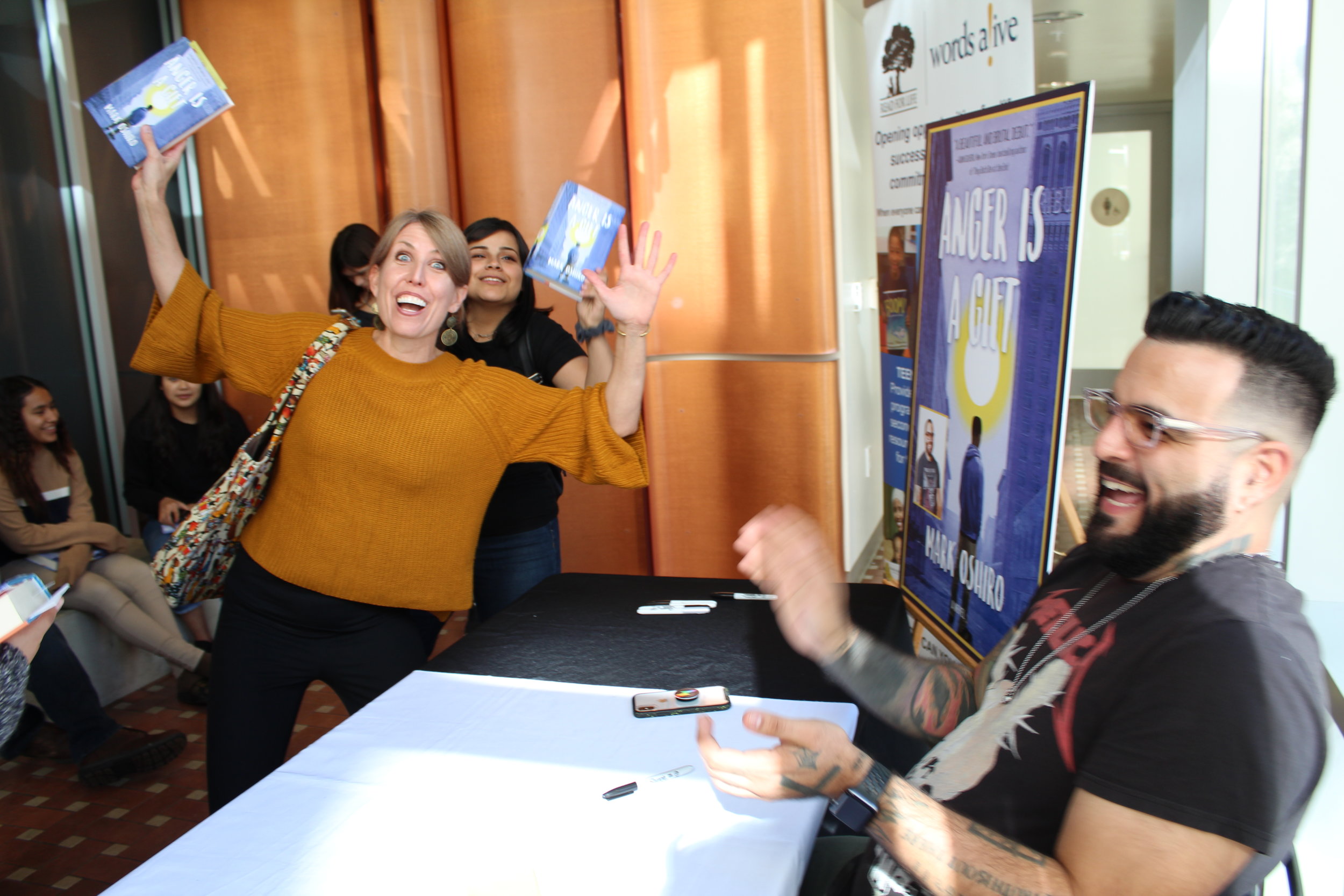What happened in our Read Aloud Program in the 2017-2018 school year?
After their Read Aloud session, students read their favorite books in their 2nd grade classroom.
Due to the two previous years’ successes implementing the Read Aloud Program in United Way City Heights Partnership for Children’s Readers in the Heights Program, we were requested this year to become their literacy experts. By training staff members and providing further resources, we created a Read Aloud Program model of delivery that could be used to serve kindergarten to 3rd grade children across seven sites. This partnership, starting in 2016 and initially reaching 40 children in the City Heights neighborhood, is helping to combat the summer slide, developing curiosity, wonder, and a love of reading for over 320 children.
Our work with BASE (Before and After School Education) in Oceanside has been an exciting new venture that has given us the opportunity to expand our program offering, creating 4th and 5th grade curriculum and furthering our impact outside of the school day. Through our partnership with BASE we served approximately 120 K–5th grade children and were able to evaluate the Read Aloud Program with children who have never experienced Words Alive before.
Meet Golden Hill
Read Aloud facilitator Sharon has been reading in Golden Hill Elementary School classrooms since 2015. Throughout her tenure, she has watched the development of many students, from kindergarten on to 2nd and 3rd grade. Students she had read to in the past are now reading books to their own classrooms, families, and to Sharon herself, which truly exemplifies the Read Aloud spirit.
“Thank you Words Alive readers! You make me feel happy and you help us understand the words in the books. You help us read hard chapter books and you teach us cause and effect. Words Alive is here to help us learn to read, and not just give us books. They give us deeper thinking and that helps us in our regular classroom.” —Read Aloud Program Participant
Building Foundational Skills
The graph above shows that nine out of ten teachers reported that the Read Aloud Program had an impact on expanding students’ knowledge of literacy terms, vocabulary, and concepts of print. Eight out of ten teachers reported the program had an impact on improving fluency and learning phonics.
“The exposure to other adult readers of various backgrounds has been wonderful, seeing people that look like they could be from their family or community showing such a love and excitement for literacy.” —Teacher, Read Aloud Program
Looking Forward
Congressman Scott Peters reads to a K–2 classroom as part of our annual Share Your Love of Reading Campaign.
While we continue to work with teachers in 103 classrooms across San Diego and Escondido School Districts, we have been excited by the impact of the Read Aloud Program outside of the school day. Summer and after-school programs have proven to be great partners in furthering opportunities for children to be exposed to an exciting world of literature, inspiring curiosity, and widening aspirations. We look forward to building on this model in 2018–19, enabling others to facilitate the Read Aloud Program and reach beyond our volunteer foundations in San Diego.
“The program is awesome! I love that you provide books for my students... many of which have none at home. They cherish the book they are given to keep to read at home. They love it!.” —Teacher, Read Aloud Program




